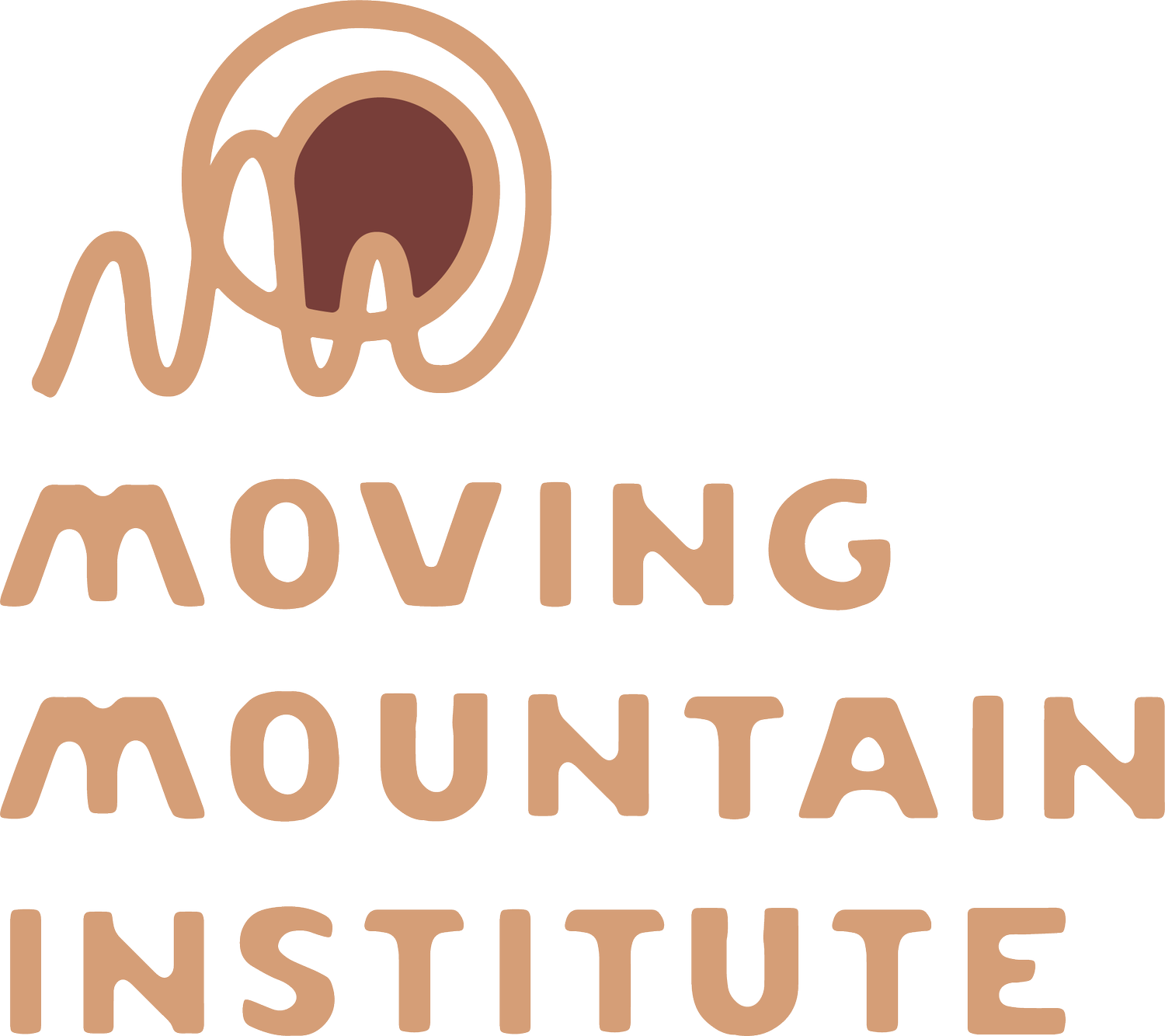Conflict is Not Abuse
/Conflict is Not Abuse
By Sarah Schulman
“conflict is not abuse” by sarah schulman
Damn. This book. I wrote a little bit about it last spring insert blog link. Sarah Schulman was a new writer to me, but not to many who follow here. Schulman currently holds an endowed chair in the English dept at Northwestern University. She has written over 20 books including, Let the Record Show: A Political History of ACT UP, New York 1987-1993. Schulam was prominent in ACT UP from 1987 - 1992, she is currently on the advisory board of Jewish Voices for Peace. Her art, academic work and activism have a long standing interrelationship.
I met up with a colleague for a coffee and some catch up time and this book was sitting on the table. Based on the title alone I wanted to read it. It’s a dense book and in some circles has been controversial as it challenges some ideas around abuse and has thus been criticized for enabling abuse itself. However, I think her point is incredibly timely, the book was published in 2016. One of her main premises is that often, discomfort is mischaracterised as “abuse.” This then has the impact of shutting down meaningful dialogue and truncates working towards repair. Schulam traces an arc through interpersonal struggles to group struggles to larger oppressive structures such as the police state and entire governments (there is a chapter on how Israel takes the language of abuse, inverts it claiming itself to be a victim and uses that as justification for its ongoing assault of the Palestinian people. She follows a similar line of argument illustrating how misconstruing discomfort for abuse has been co-opted by police who overstate the threats they are under in order to justify unilateral violence.).
I think there is so much here for us to work with as we aspire towards more community and yet inevitably end up in conflict with one another. The polarizing impacts of algorithmic thinking that we are all consuming make lines in the sand all too common and dialogue across difference and misunderstanding increasingly challenging. The overused tropes of being “triggered” can be used to obfuscate personal responsibility and, if one has privilege, hiding behind “triggers” means avoiding difficult conversations.
Our personal traumas are not destinations that we arrive at and stay put within. They are stations we are constantly having to move through and they are our own responsibility to work within all of the relational settings our lives invite us towards. I find Schulman’s invitation to explore the distinction between discomfort and abuse as compelling and also challenging. It requires discernment and a difficult combination of self knowledge and self responsibility. Embedded within her premise is that if we are to be engaging in social change and community building these are the exact traits we need to be cultivating. If, in our interpersonal or communal relationships, we are conflating discomfort and abuse we are not going to be getting very far along any path towards cultural change. This is a compelling argument and one that I think all of us would benefit from sifting into our own internal frameworks.
You can find all kinds of interviews with Sarah Schulman online. I enjoyed this conversation with Ezra Klein after Conflict is Not Abuse was published. This is a book that would be great to read in some kind of collective setting. If anyone is interested please reach out to me.
-Michael McMahon




